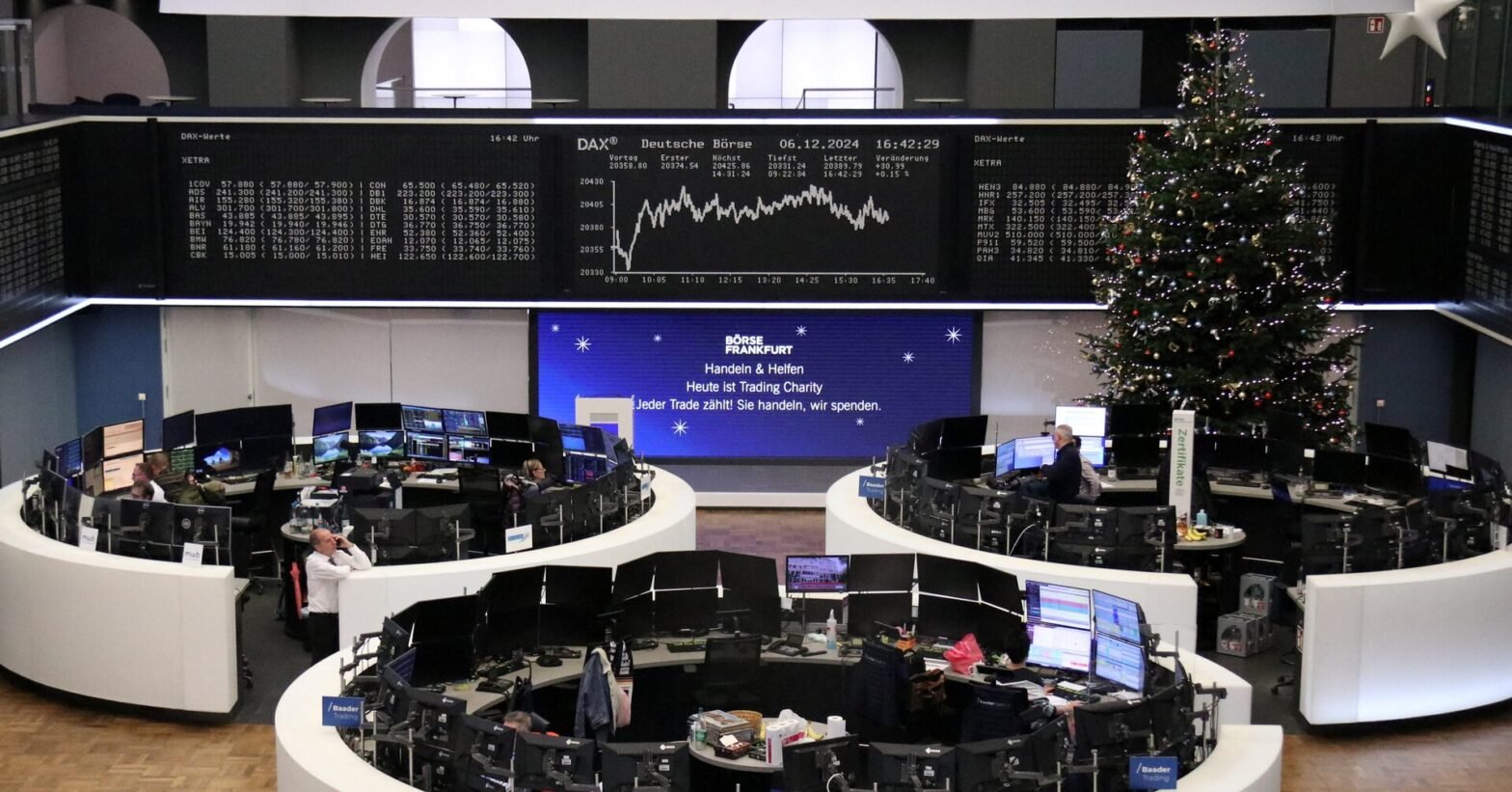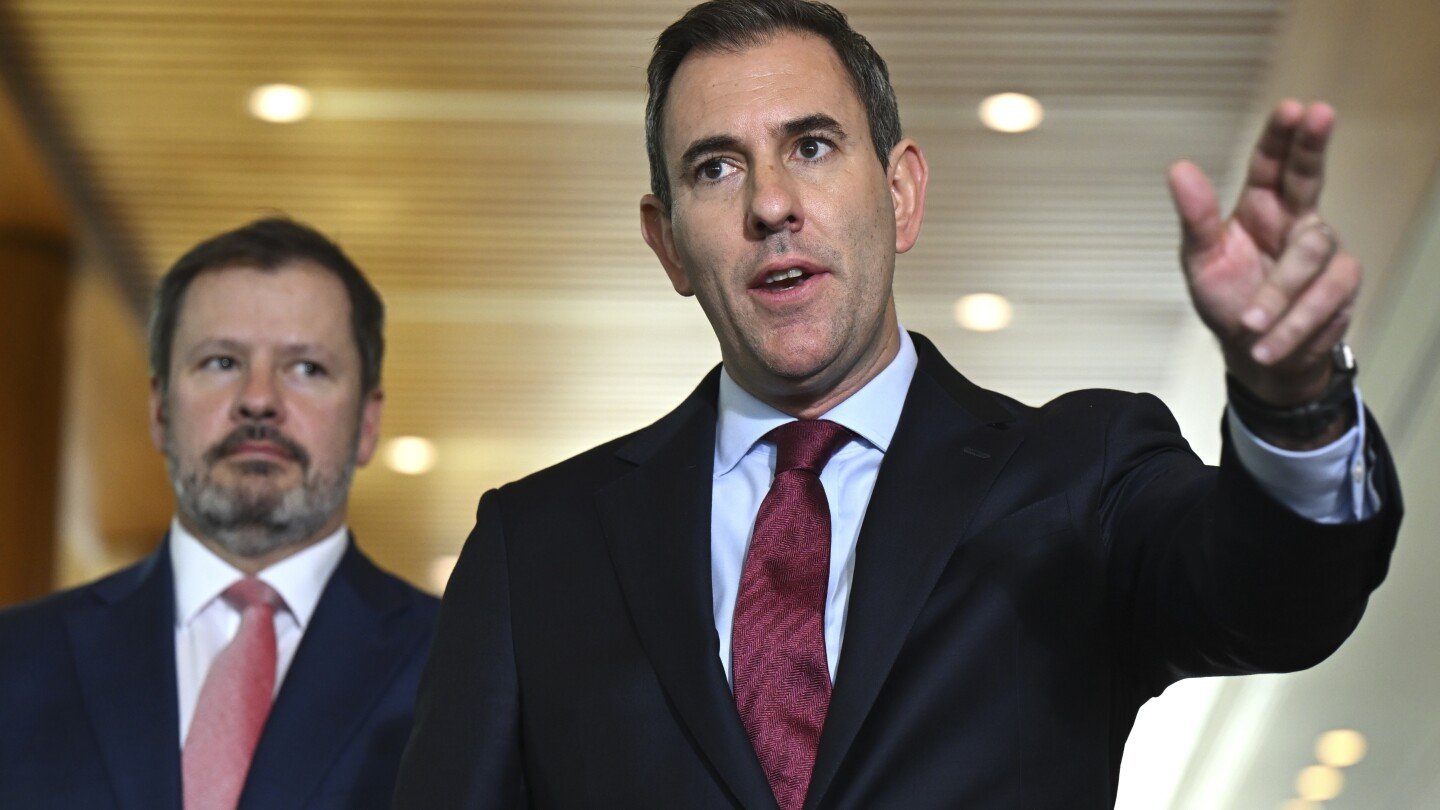
The German share price index DAX graph is pictured at the stock exchange in Frankfurt, Germany, December 6, 2024. REUTERS/Staff/File Photo Purchase Licensing Rights, opens new tab
A look at the day ahead in European and global markets from Tom Westbrook
China’s equity markets have chosen to run with the authorities’ latest vague promise of support for the sputtering economy, with stocks surging to their highest levels in nearly a month.
The state-media readout on Monday from China’s Politburo heralded a shift from “prudent” to “moderately loose” monetary policy as well as a desire to boost consumption.
As with similar pronouncements in September there were no firm details but, as then, equity investors were determined not to miss out.
Warning signs, or at least more circumspection, seemed evident in China’s foreign exchange market, which hardly budged, and bonds, which rallied while pushing yields to record lows – showing doubt over whether growth is really going to pick up.
As China-watcher and Carnegie China senior fellow Michael Pettis noted on X, plenty of debt has piled up under “prudent” conditions without re-invigorating domestic demand.
“The problem with Chinese monetary policy until now has not been that its tightness has led to slow growth and low inflation, but rather that its looseness, directed almost exclusively at the supply side of the economy, has accommodated deeper imbalances and deflation,” he said.
European stocks already caught a boost from China’s policy shift, with mining and luxury goods gaining on Monday, but the extended rally in China may lend another session of support.
The data calendar is otherwise bare ahead of a busy few days. U.S. inflation data is due on Wednesday ahead of a central bank meeting in Canada and rate decisions are due on Thursday from the European Central Bank and the Swiss National Bank.
The ECB is seen cutting by 25 basis points and the Bank of Canada by 50 bps. Switzerland could also go by 50 bps, given how much it has been spending to restrain the Swiss franc.
Australia’s central bank rounded out its year on Tuesday with a dovish surprise for traders, dropping a reference to “not ruling anything in or out” for its next policy move and instead noting it had gained confidence in inflation returning to target.
The Australian dollar fell about 0.6% to $0.6401.
Key developments that could influence markets on Tuesday:
– German final CPI
Sign up here.
By Tom Westbrook; Editing by Edmund Klamann
Our Standards: The Thomson Reuters Trust Principles., opens new tab

















